 I was so inspired by yesterday’s Queer Science Fiction and Fantasy (QSF&F) Book Club meeting that I published a review of “The Windup Girl”! I’d love to read your comments about the review.
I was so inspired by yesterday’s Queer Science Fiction and Fantasy (QSF&F) Book Club meeting that I published a review of “The Windup Girl”! I’d love to read your comments about the review.
Category Archives: police abuses
Breakfast on Pluto
What a fabulous film!
Favorite quote: “If I wasn’t a transvestite terrorist, would you marry me?”
Las Madres de la Plaza de Mayo
Jim e and I got up reasonably early and after a quick breakfast we headed to the Cafe de las Madres near the Plaza de Mayo.
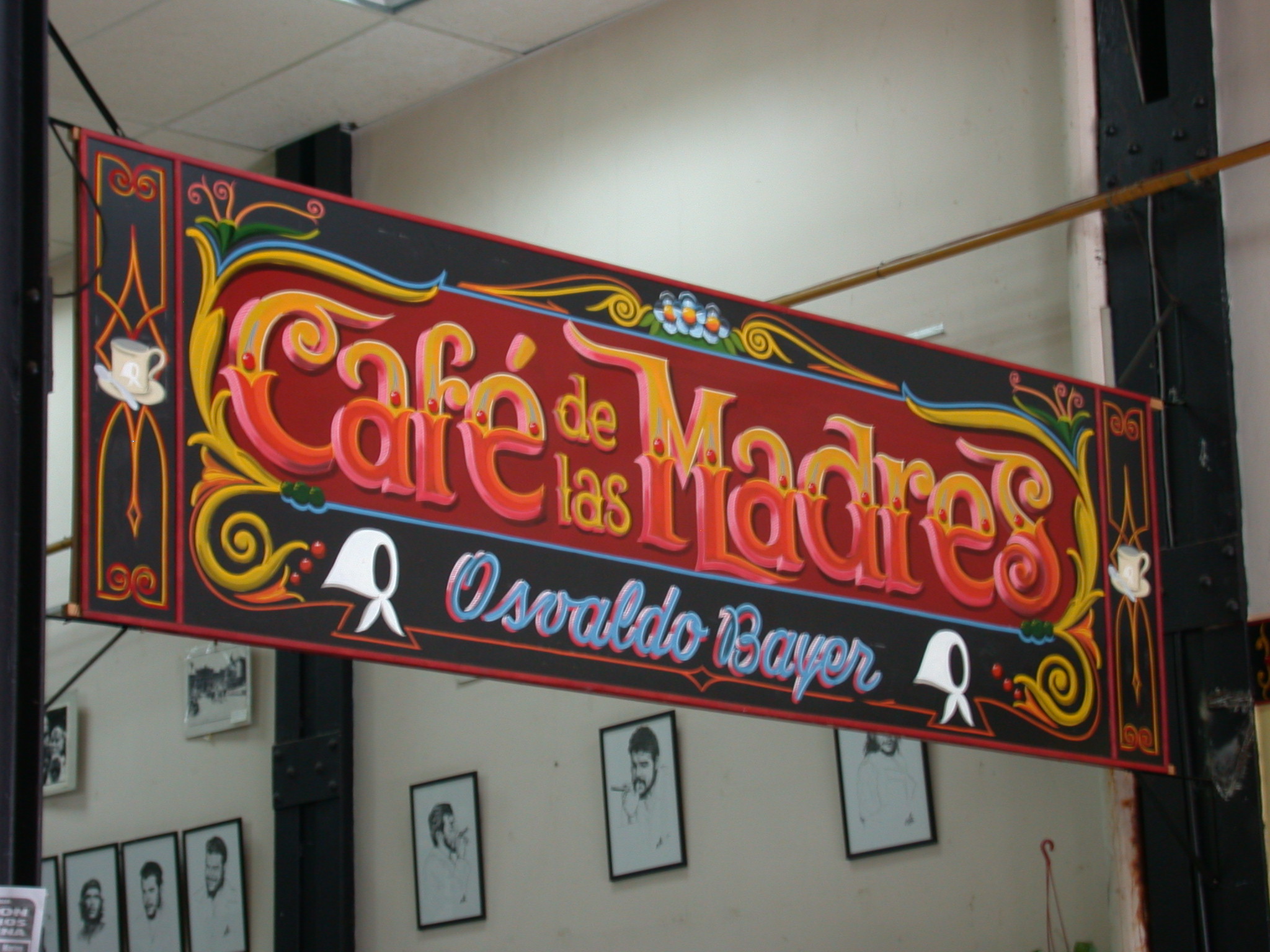
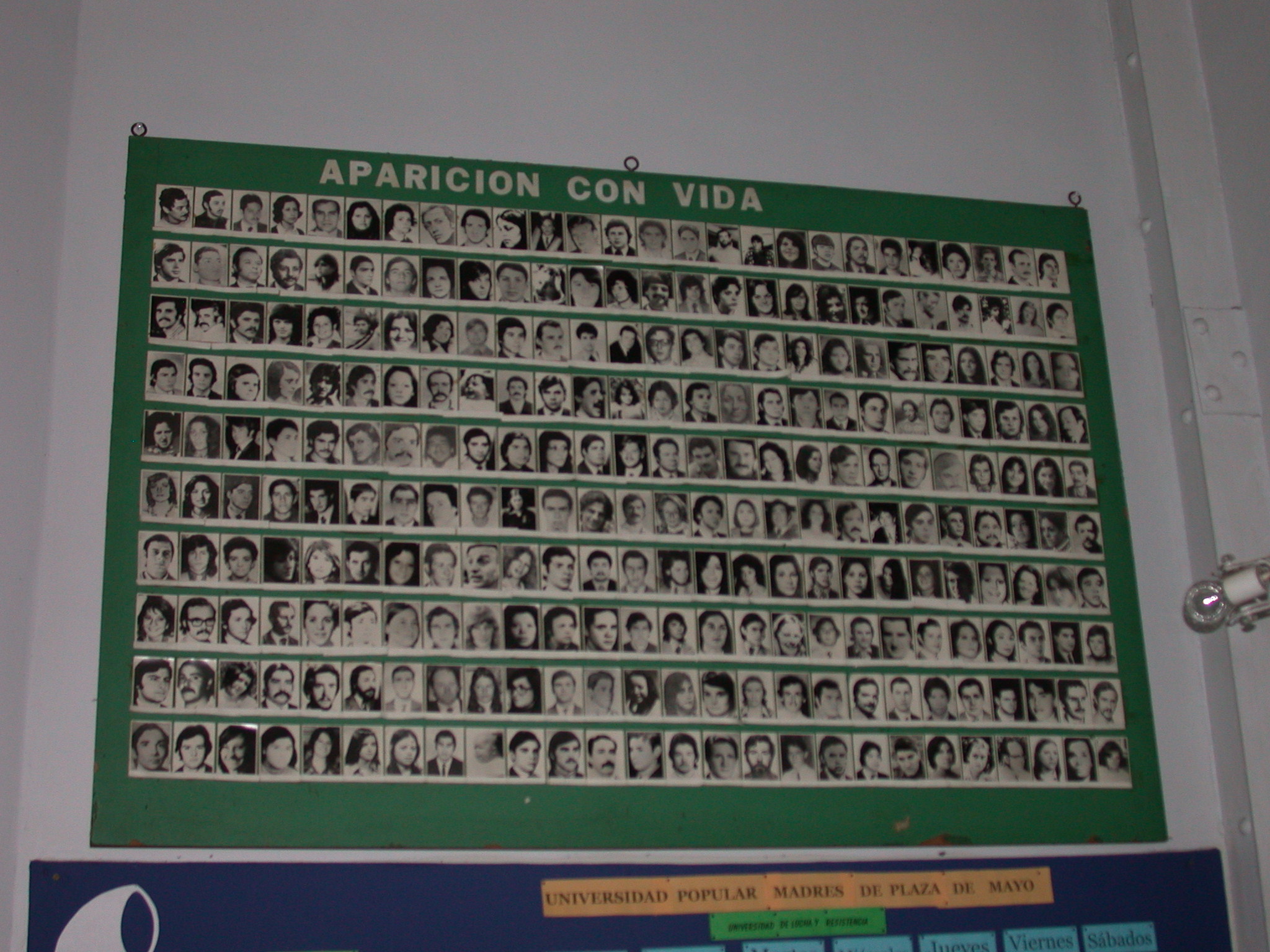

After a drink and a look at the pictures and the list of disappeared persons at the cafe, we walked over to the Plaza de Mayo and watched the mothers and grandmothers as the walked around the plaza. I even walked a bit with them.
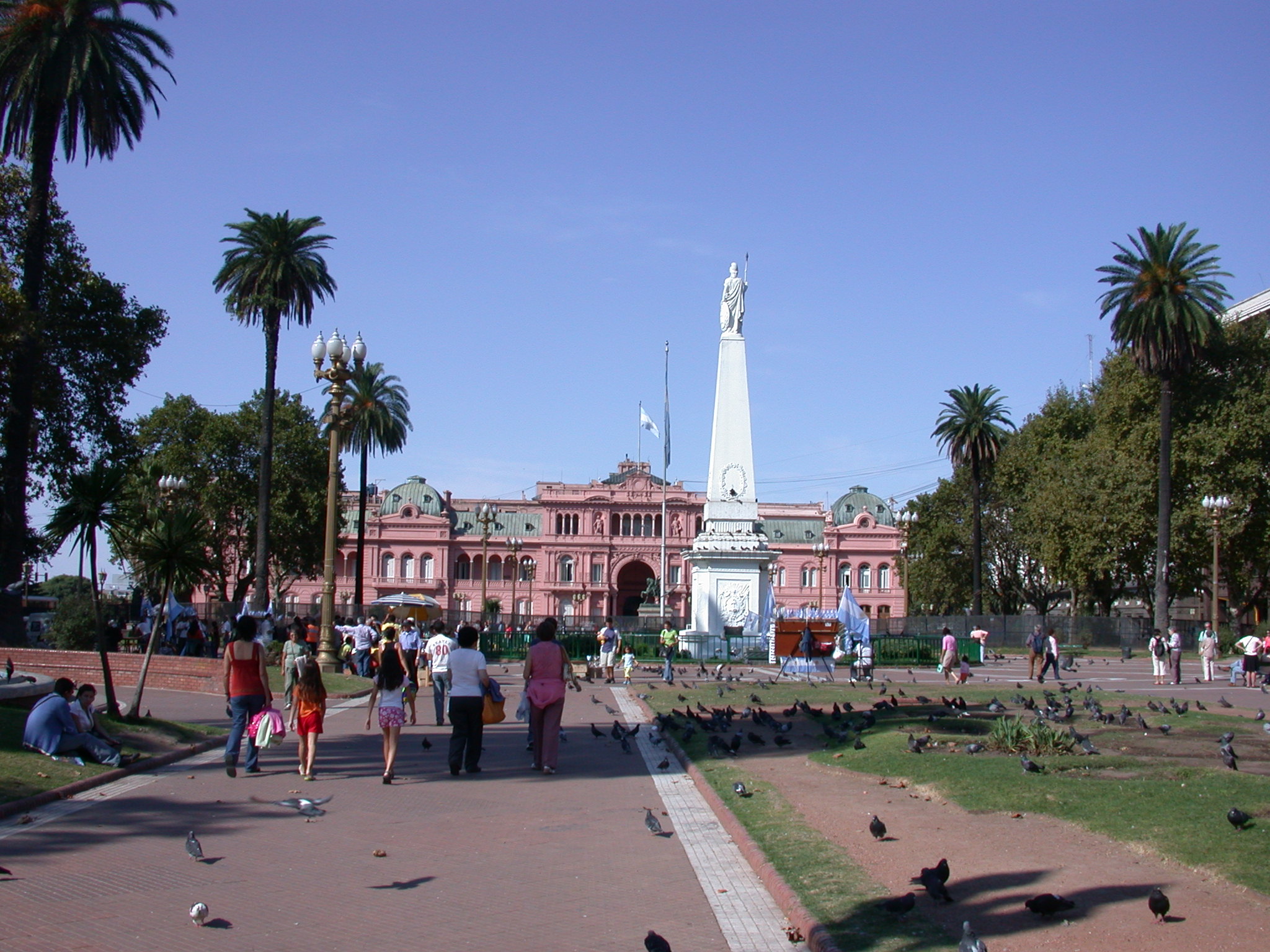
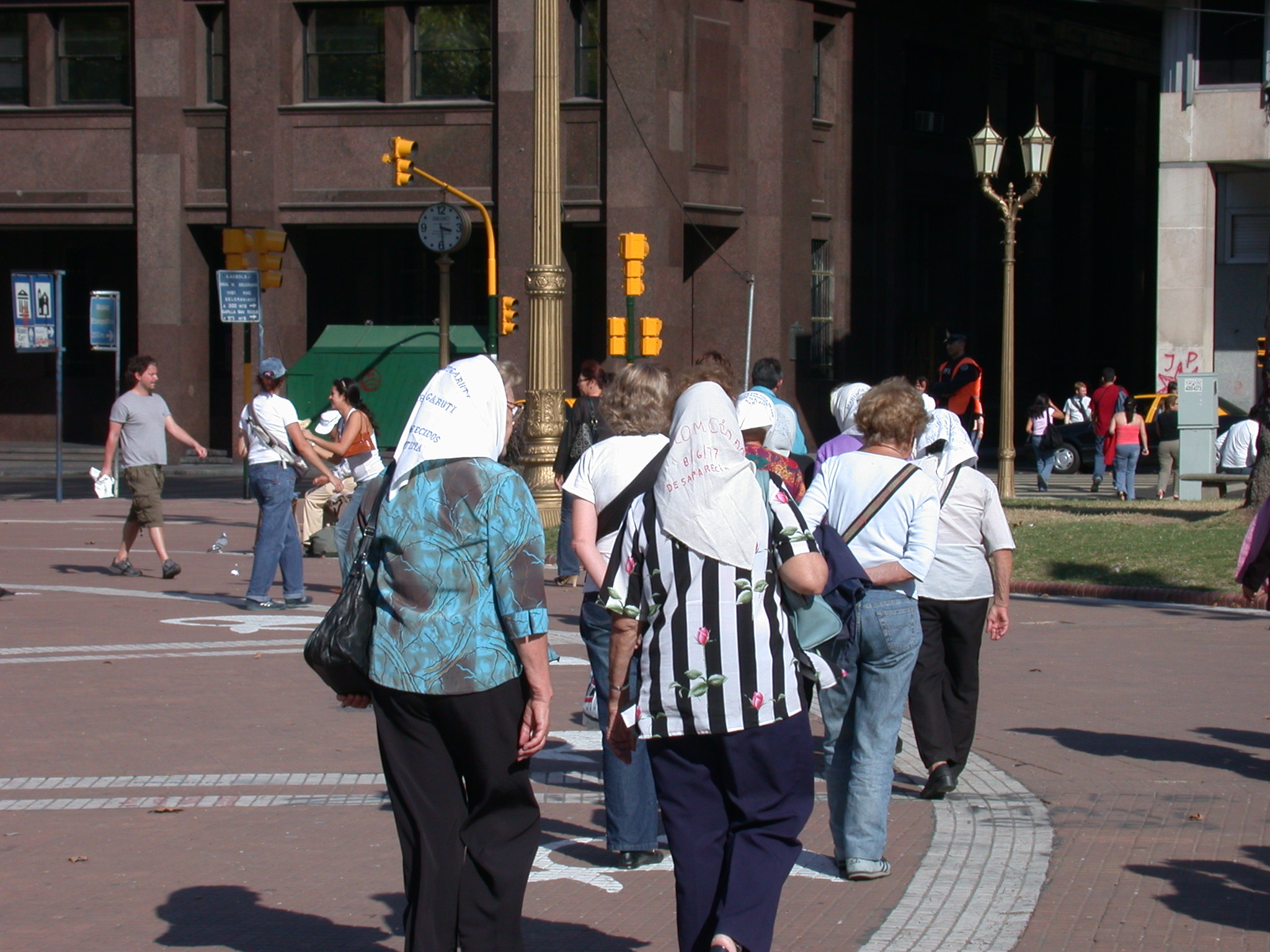
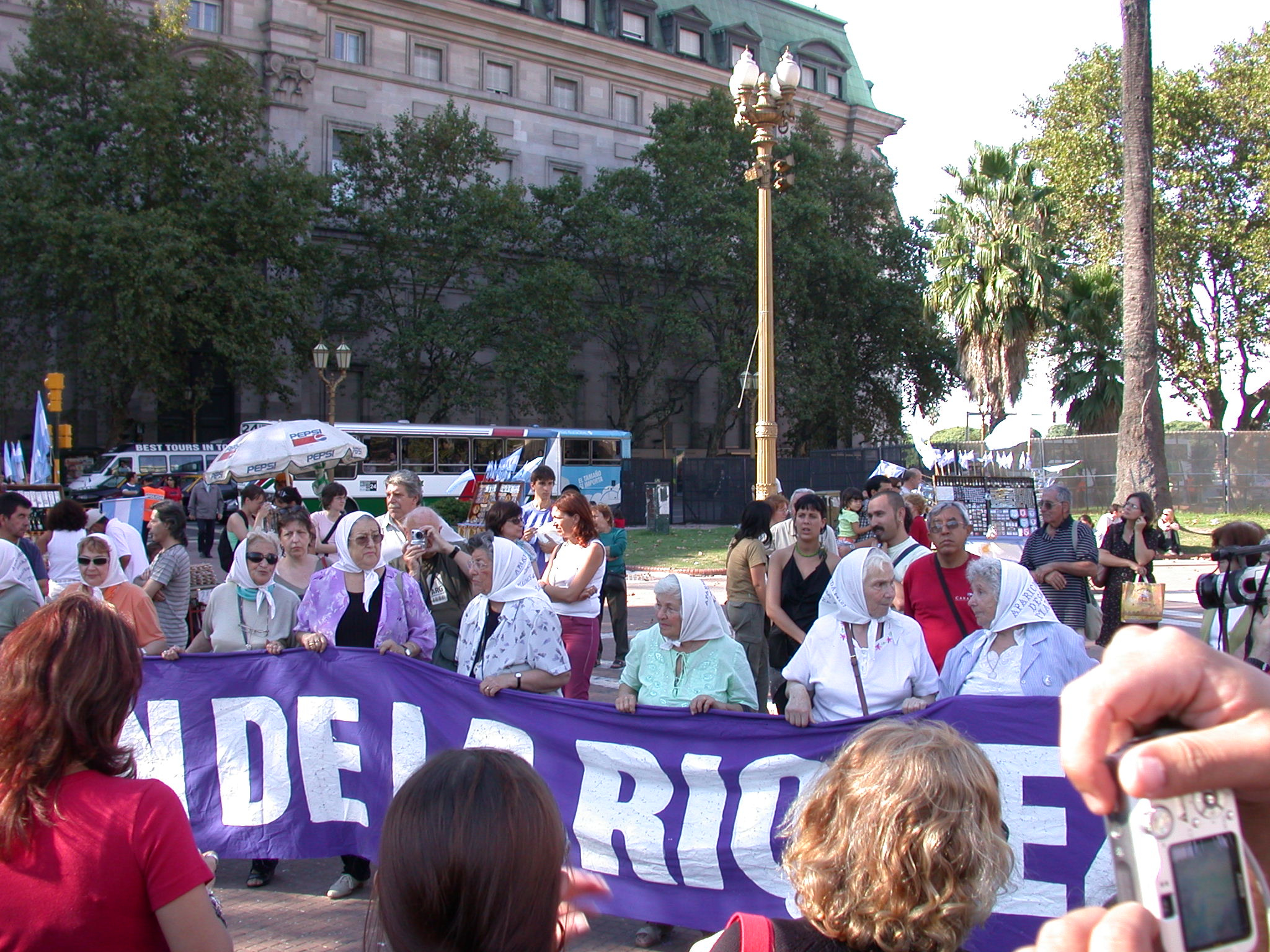
I felt moved by their courage in standing up against the abusive Argentinian dictatorship in support of their family members who were “disappeared.”
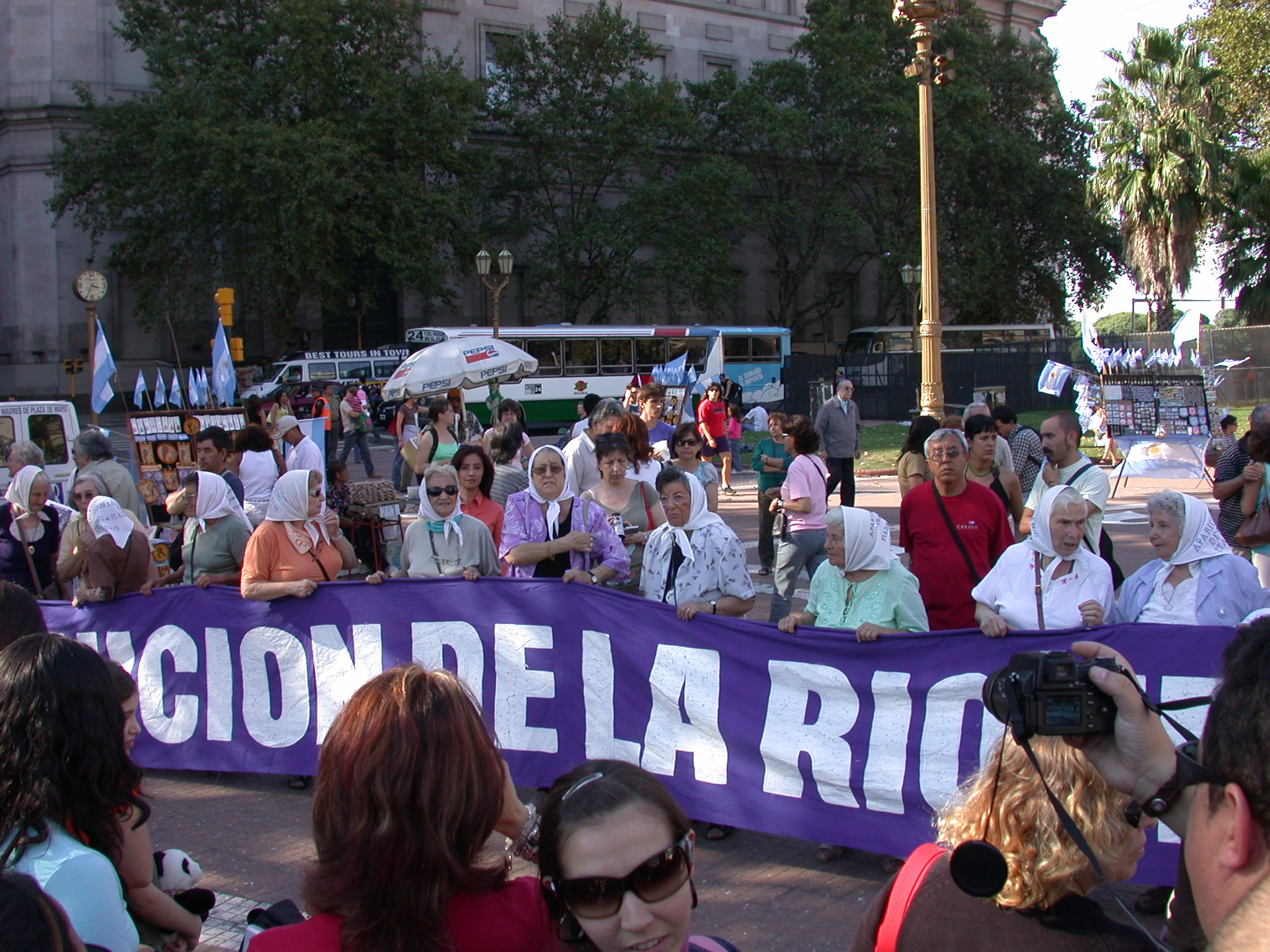
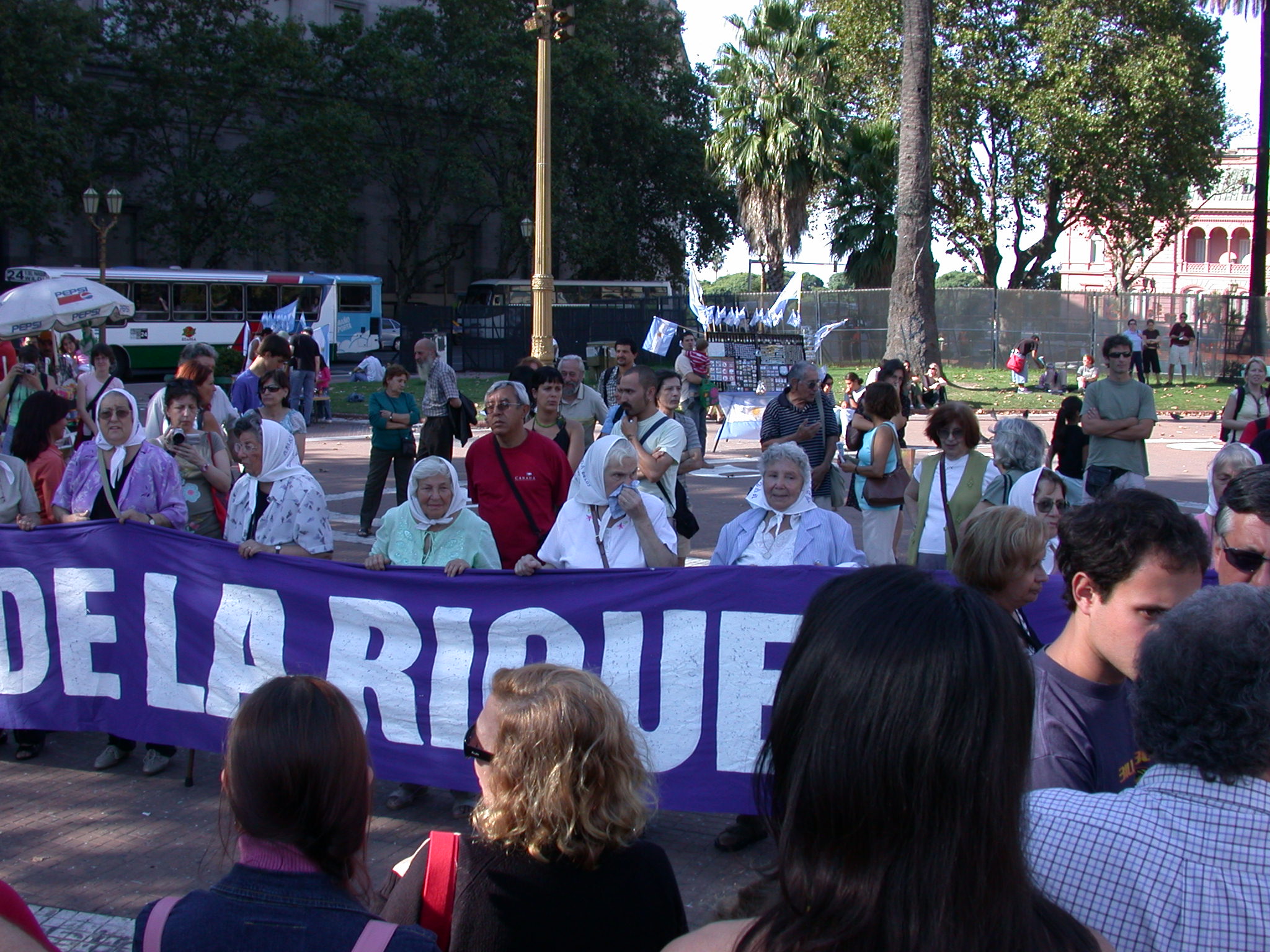
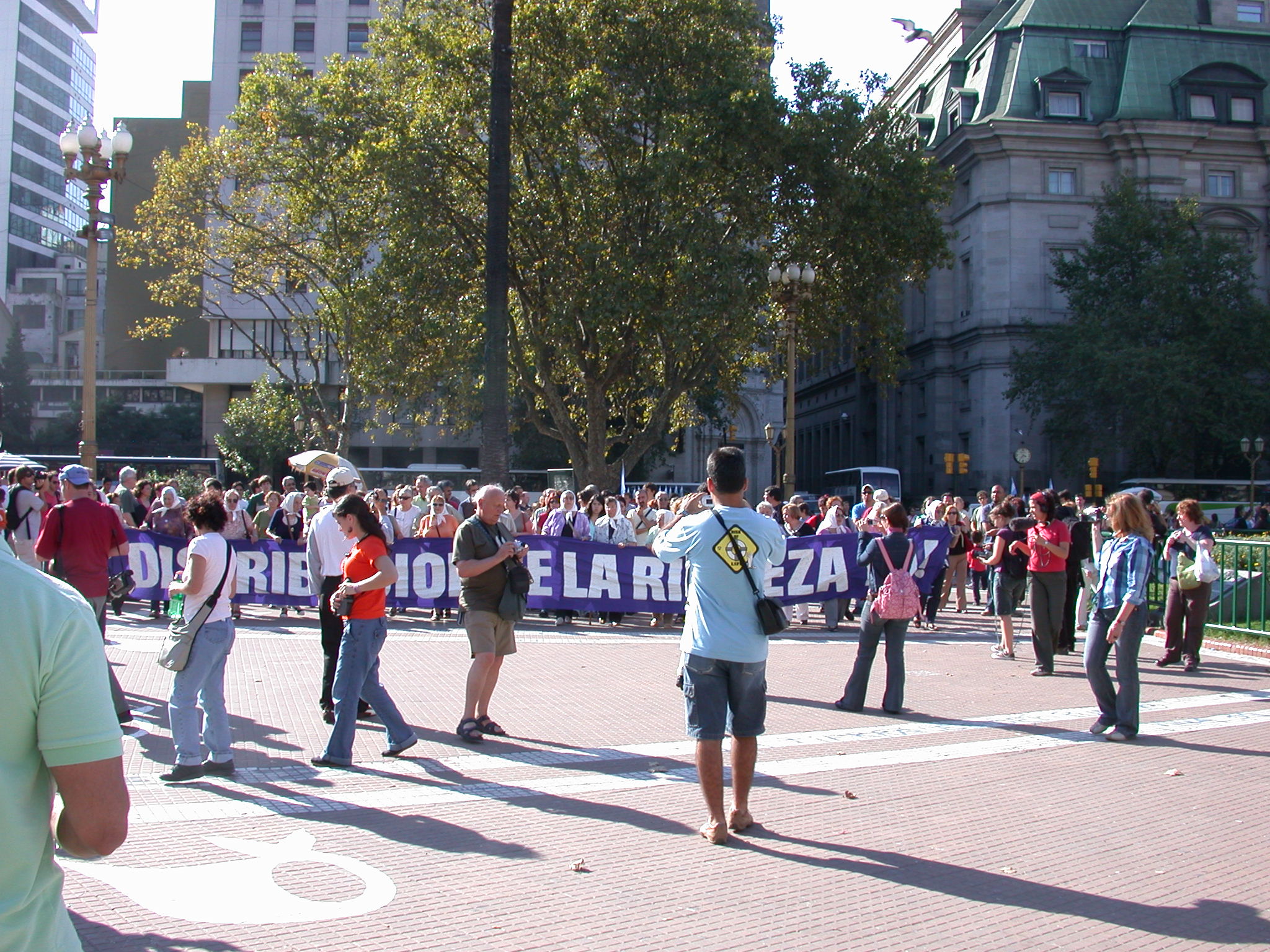
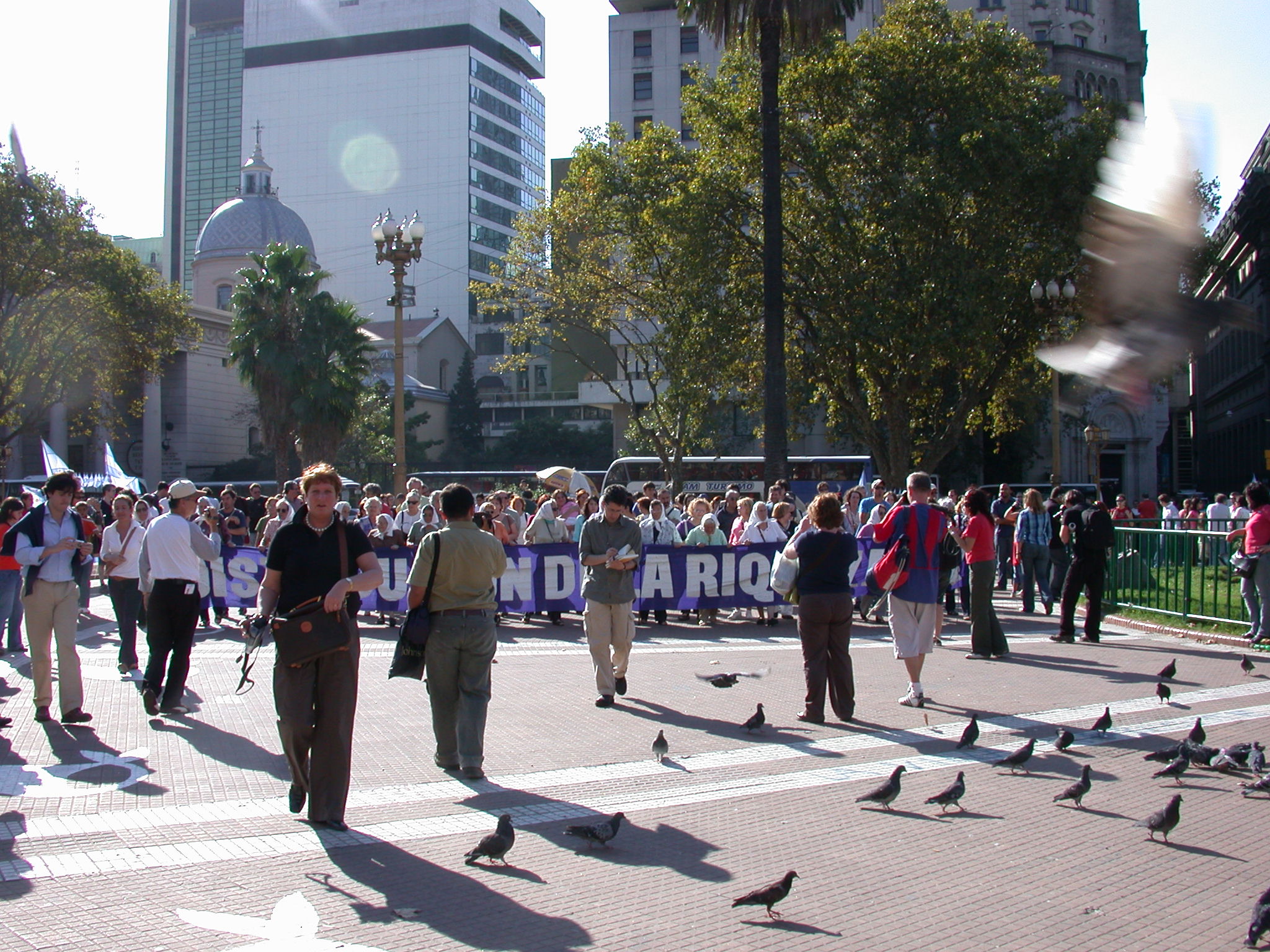
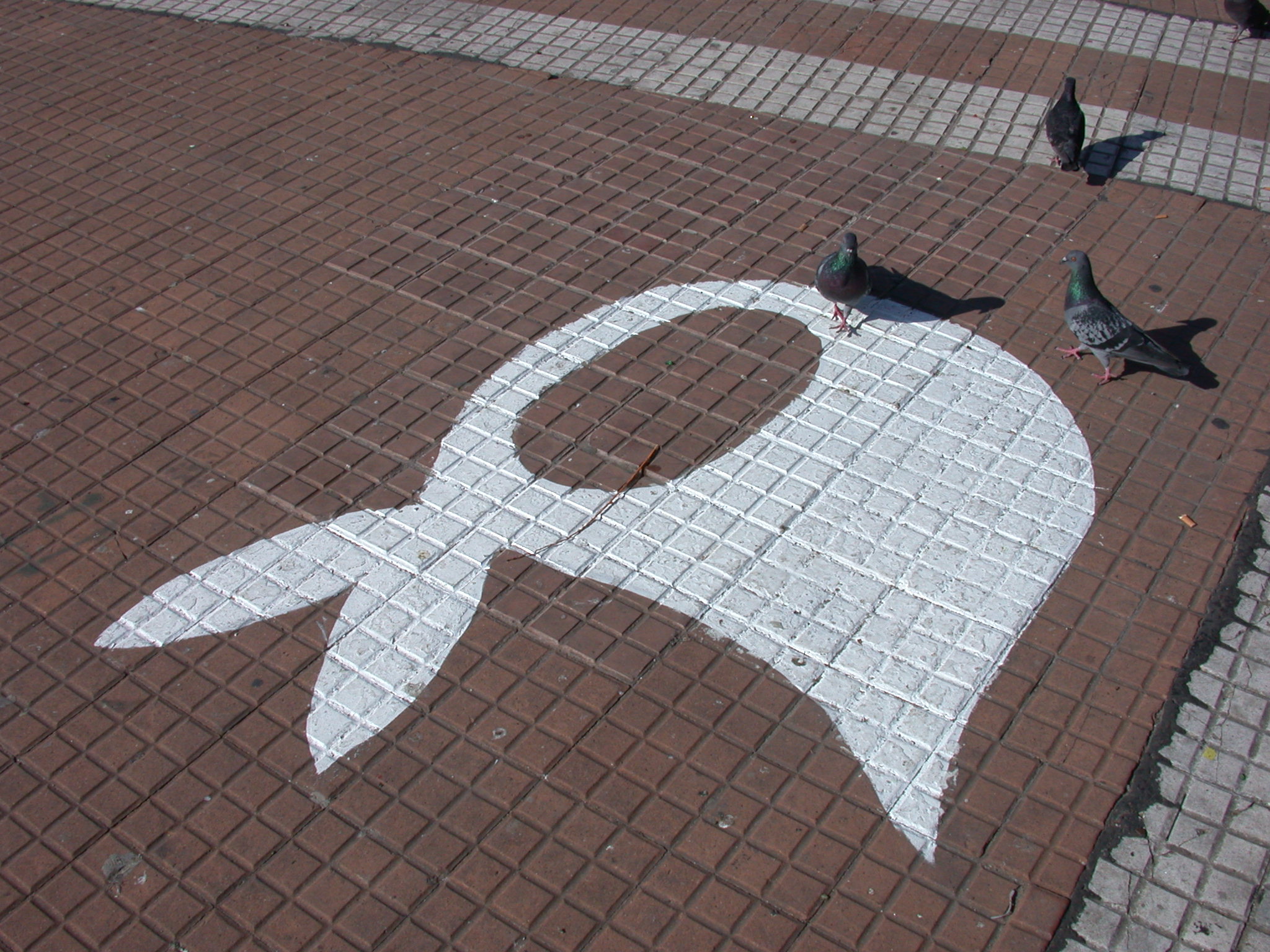
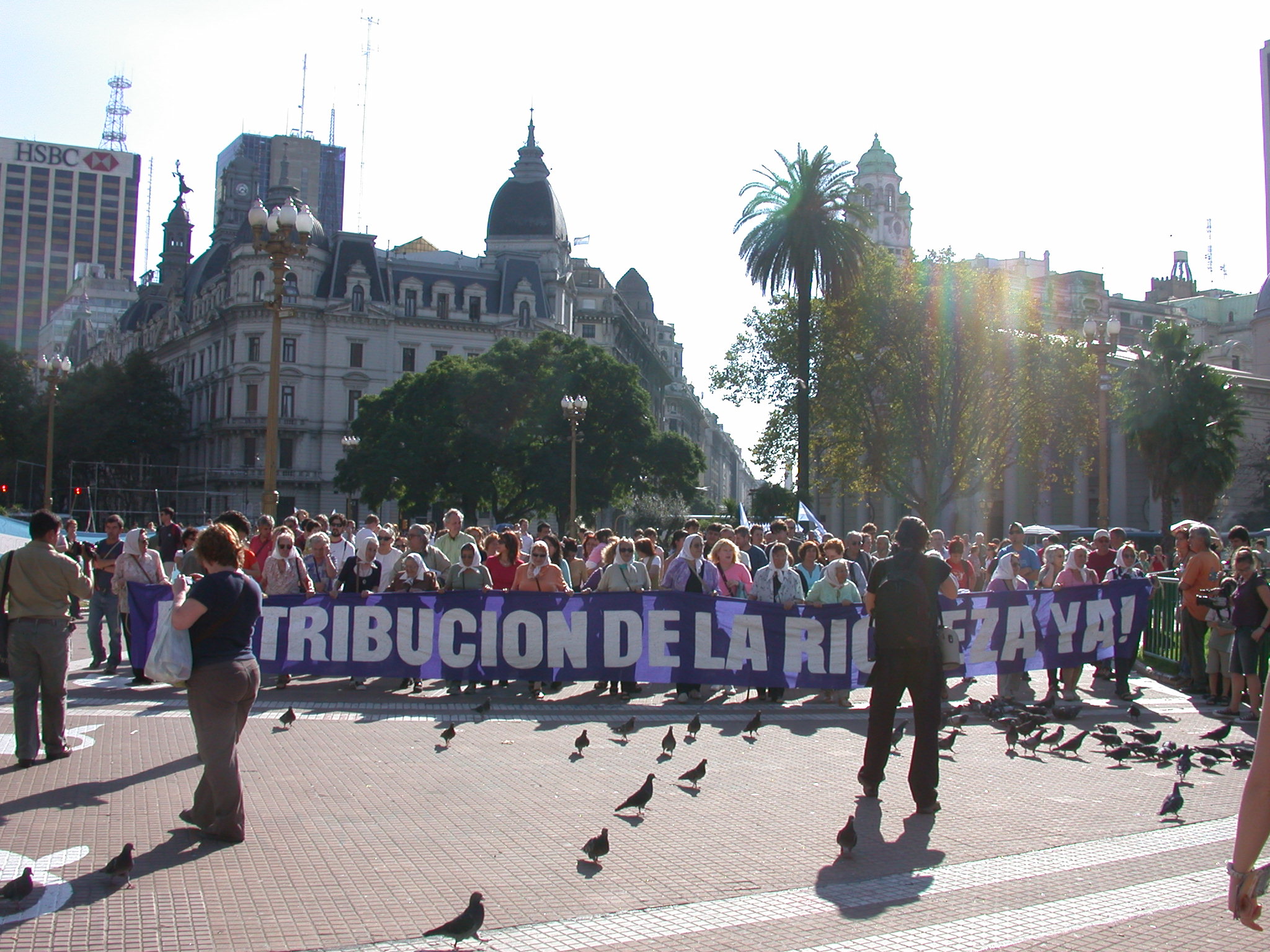
We met Frank, a French-speaker from Montreal there after earlier meeting him at the hotel.
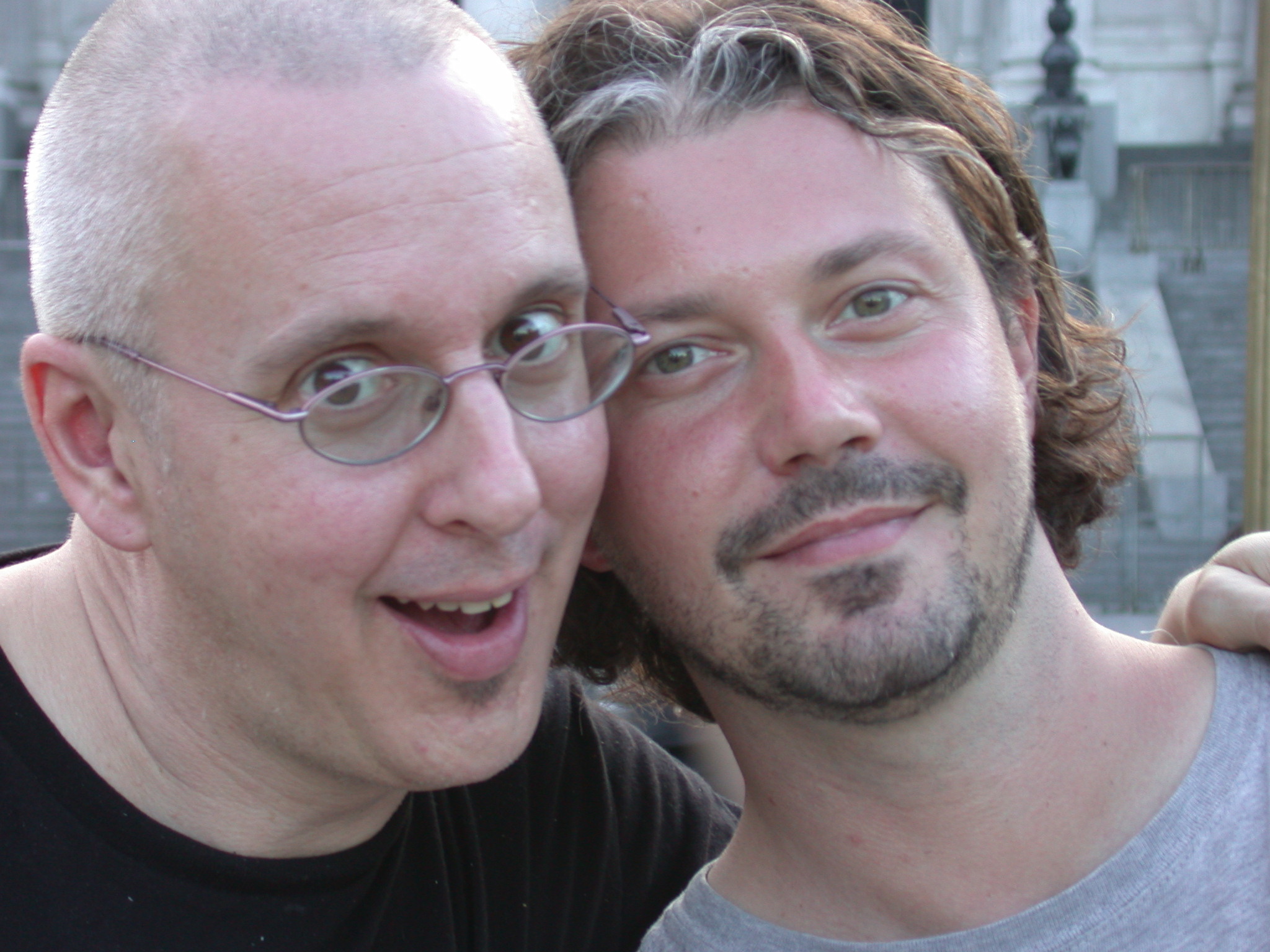
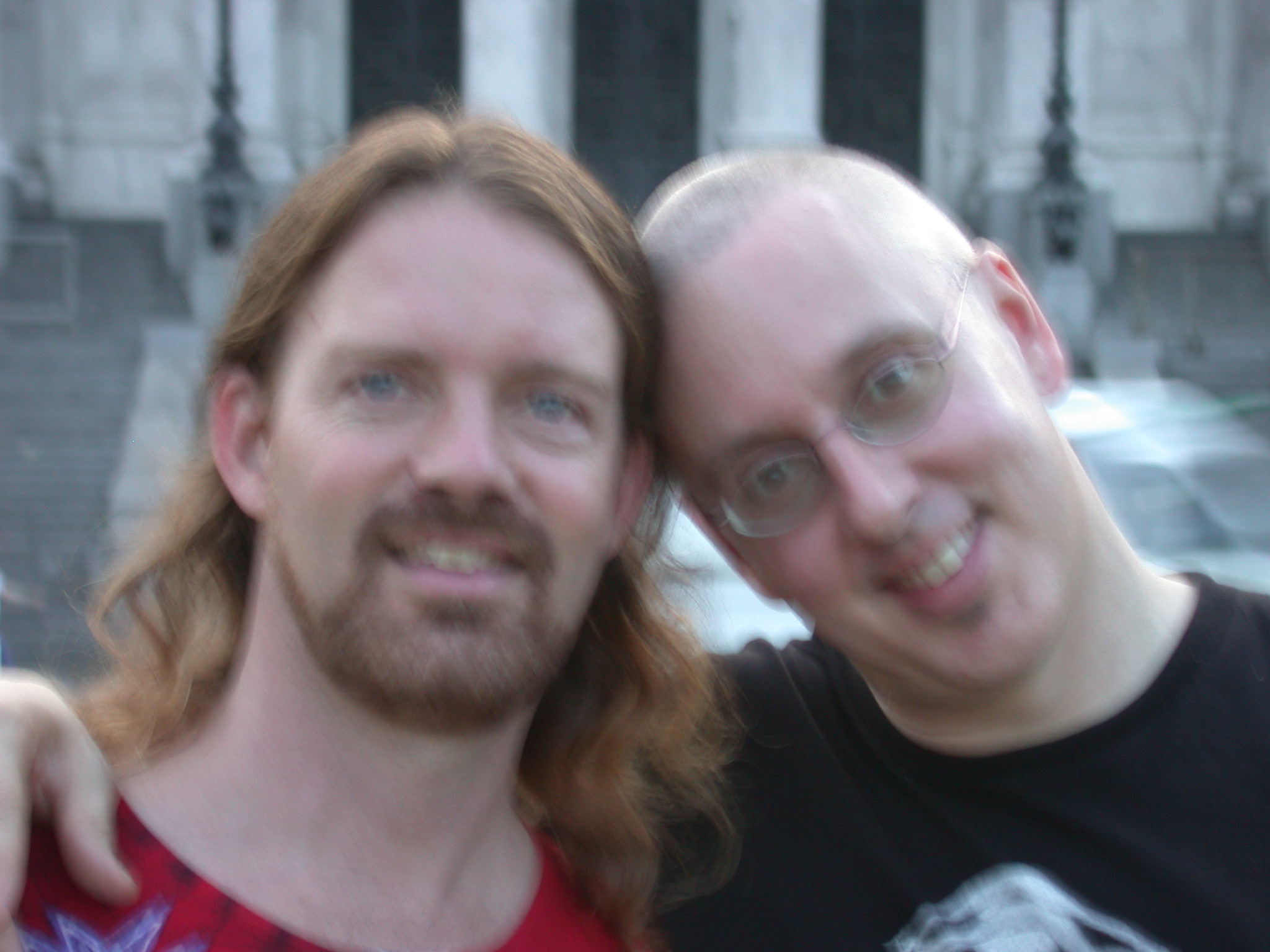
After searching unsuccessfully for a vegetarian restaurant, we ended up eating at a mediocre restaurant with mate (the ubiquitous tea-like beverage served warm in cured pumpkin gourds), bruschetta, and empanadas (which weren’t as delicious as the one I had near the plastic surgery clinic).

That evening, we went to a vegetarian restaurant called Bio in Palermo Viejo, which was hands down my favorite restaurant in all of Buenos Aires.
The Lucknow 4: Gay Club Arrests in India
I’m shocked to read of the arrest of four gay men in India for simply meeting together for a picnic. Apparently, although no sex was involved, the police entrapped them and charged them with a violation of Section 377 of Indian Penal Code, punishable by 10 years to life imprisonment. The police apparently traced the guys through an online website.
One can only hope that this is the final straw that breaks the camel’s back to reform this antiquated law from the era of British colonialism so that gay people can take their place alongside the rest of humanity in India and around the globe.
Social Power and Political Freedom
Lately, I’ve been reading Gene Sharp’s “Social Power and Political Freedom.” It’s an excellent overview of the politics of violence and non-violence reaching some surprising conclusions. For example, Sharp points out an obvious and important aspect of maintaining true democracies that often goes unremarked: the necessity of what he calls “loci of power,” that is, societal institutions that organize to obtain and exercise power beyond that of disparate democratically empowered individuals. Examples include unions, neighborhood organizations, even the media and police forces. When a society has many democratically-oriented loci of power, that society becomes democratically sustainable, resistent to the rise of dictators from within or from outside that society.
Sharp then introduces the concept of “civilian-based defense,” in contrast to “military-based defense.” He points out many surprising examples where populations have resisted partially or completely the rise of dictatorial forces through the use of nonviolent civilian-based defense, usually without advance planning or training of the populace. He points out that a well-trained populace with a well-reasoned civilian-based defense plan could effectively resist virtually any despotic incursion.
Sharp reports that, as of 1979, five European governments were discussing civilian-based defense with some government-financed research taking place. I’d like to know the outcomes of that research. He mentioned Sweden, Switzerland, the Netherlands, Norway, and Denmark.
I find Sharp’s work extremely compelling at a time when we are witnesses to U.S. and British atrocities against civilian populations in Iraq and, to a lesser degree, against anti-war protestors such as those whom the police shot with rubber and wooden bullets and concussion grenades even as the non-violent protestors fled from advancing lines of police shooting the weaponry from their rifles.
What should be the response of the populace in the U.S. to consistent and continuous intrusions on our basic rights as guaranteed in the U.S. constitution?
